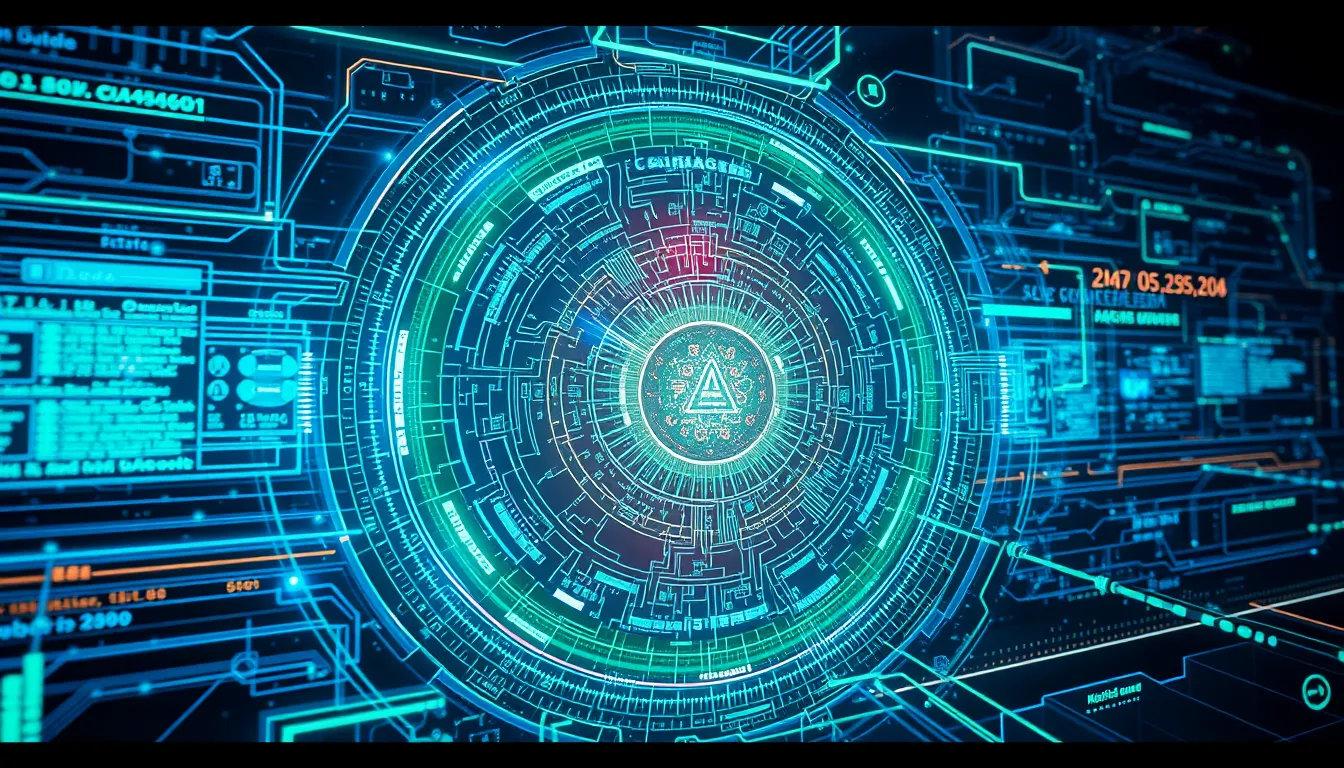Now Reading: Powerful AI in Healthcare Diagnostics: Boosting Patient Care
-
01
Powerful AI in Healthcare Diagnostics: Boosting Patient Care
Powerful AI in Healthcare Diagnostics: Boosting Patient Care

Powerful AI in Healthcare Diagnostics: Boosting Patient Care
Introduction
Artificial Intelligence (AI) in healthcare diagnostics is revolutionizing the way medical professionals detect and treat diseases. By leveraging cutting-edge technology, AI enhances diagnostic accuracy, improves patient outcomes, and reduces the burden on medical staff. In this article, we explore the pivotal role of AI in healthcare diagnostics, its benefits, challenges, and future potential. The focus keyphrase, AI in healthcare diagnostics, underscores the transformative journey of AI in modern medicine.
The Evolution of AI in Healthcare
Over the past decade, AI has made significant strides in the realm of healthcare. Modern AI systems now assist in medical imaging, disease prediction, and diagnostic support. With advancements in machine learning and deep learning, AI algorithms can analyze complex medical data much faster than traditional methods.
How AI Enhances Diagnostic Accuracy
One of the primary advantages of AI in healthcare diagnostics is its ability to improve diagnostic accuracy:
- Enhanced Image Analysis: AI-powered tools analyze medical images with high precision, identifying subtle patterns that may be missed by the human eye.
- Early Disease Detection: With machine learning, AI systems can predict and diagnose diseases like cancer at early stages, significantly increasing the chances of successful treatment.
- Reduced Human Error: By automating diagnostic procedures, AI reduces the likelihood of mistakes that can occur due to fatigue or oversight.
Moreover, AI-powered diagnostics provide fast and reliable results, enabling timely clinical decisions and personalized treatment plans.
AI Medical Imaging and Disease Prediction
AI medical imaging is one of the cornerstone applications in healthcare diagnostics. Radiologists and technicians are now leveraging AI tools to read X-rays, CT scans, and MRIs. This technology is critical in the early detection of illnesses such as lung cancer, breast cancer, and neurological disorders.
In addition to medical imaging, AI disease prediction capabilities are proving to be invaluable. For example, algorithms can evaluate patient data to predict the onset of chronic diseases, allowing healthcare providers to implement proactive measures. Such innovations not only improve patient care but also contribute to significant cost savings across healthcare systems.
Challenges and Considerations
While the benefits of AI in healthcare diagnostics are considerable, several challenges must be addressed:
- Data Privacy: Handling sensitive patient information requires compliance with strict data protection regulations.
- Integration with Existing Systems: Healthcare facilities need to ensure smooth integration of AI tools with existing medical infrastructure.
- Ethical Considerations: Automated diagnoses raise questions about accountability and the ethics of machine-driven decisions in patient care.
Despite these challenges, continued advancements in AI technology and regulatory frameworks provide confidence that these hurdles will be overcome, leading to even more efficient and accurate diagnostic tools.
Recent Innovations and Future Trends
The future of AI in healthcare diagnostics is bright. Innovations such as deep learning-based analysis and AI-assisted robotic surgeries are just the beginning. Some key trends include:
- Real-time Diagnostics: Emerging AI tools offer real-time analysis and reporting, which is particularly useful in emergency scenarios.
- Personalized Medicine: AI algorithms tailor treatment plans based on individual patient genetic profiles and health histories.
- Collaborative Healthcare: Integration of AI with telemedicine fosters greater collaboration among healthcare professionals worldwide.
Internal and External Resources
For healthcare professionals looking to learn more about AI in healthcare diagnostics, consider these resources:
- Internal Links: Explore more about our advanced diagnostic solutions in our blog section.
- External Links: For further reading, visit the official website of the World Health Organization and the National Institutes of Health.
Conclusion
AI in healthcare diagnostics is not just a technological trend—it is a transformative approach to improving patient care and enhancing the accuracy of medical diagnoses. By embracing AI, healthcare providers stand to benefit from faster, more precise diagnostic procedures that ultimately lead to better patient outcomes. As the technology continues to evolve, the integration of AI into healthcare will undoubtedly usher in an era of unprecedented innovation and improved medical care.
In summary, the focus keyphrase, AI in healthcare diagnostics, aptly captures the cutting-edge advances that are reshaping modern medicine. Patients, clinicians, and healthcare systems around the globe are witnessing a revolutionary shift towards smarter, safer, and more efficient diagnostic practices.

























